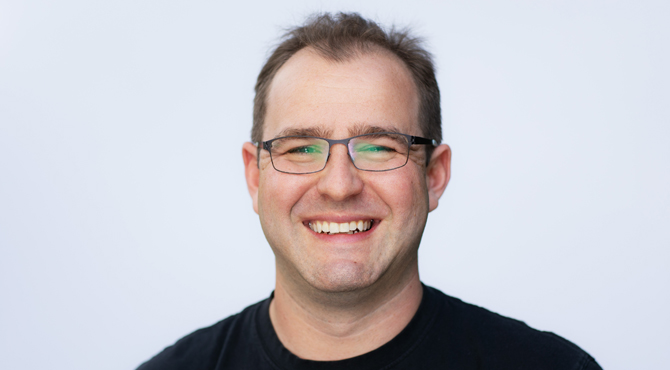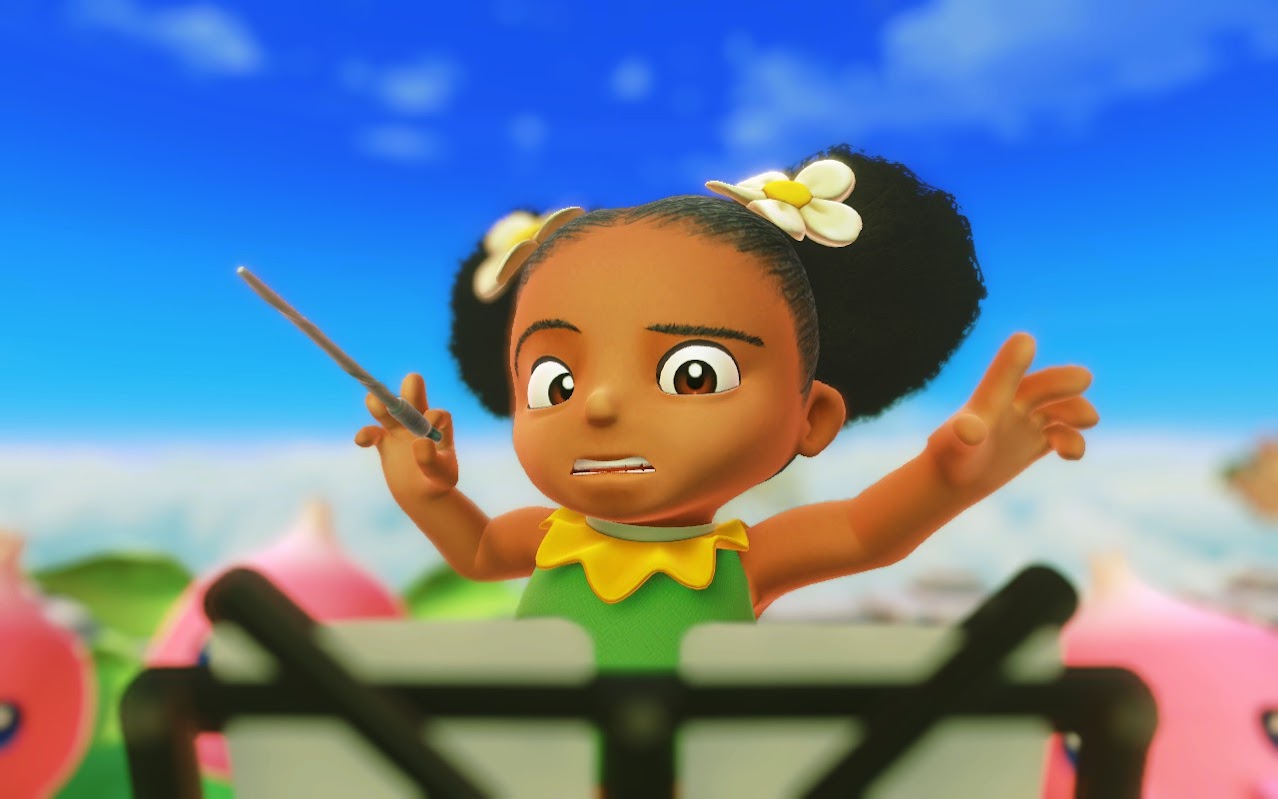Researcher warns of incoming regulations if the games industry isn't more transparent
Oxford professor Andrew Przybylski says the ESA is partly to blame by offering "cherry-picked" research to WHO.

Oxford Internet Institute director of research Andrew Przybylski predicts that the videogame industry will face sanctions including increased regulation, taxation, and fines, and says some of the responsibility for that lies with the Entertainment Software Association.
In a GDC talk last week (as reported by Variety), Przybylski said the ESA's response to the World Health Organization's proposed recognition of "gaming disorder" led to a "circle the wagons" moment at the UN agency, arising from the perception that the videogame industry wasn't being wholly honest and open.
Przybylski, who co-authored a recent Royal Society report stating that "violent videogame engagement is not associated with adolescents' aggressive behavior," said the ESA "cherry-picked" research indicating that games aren't bad for players—and might even be good for them—in its response, but omitted parts indicating that the beneficial aspects are often oversold. That bias did not go unnoticed by the WHO.
"So now they’re much more convinced that they were right the whole time and you’re all evil," Przybylski said. And because of that, he warned, "I think you probably all should consider bracing for impact."
"We’re going to stigmatize the hobby of more than a billion people on the planet," he said. "There is going to be a lot of really dumb regulations coming down the pipe. Depending on the patchwork of markets and regulations, in some places more aggressive regulators are going to fragment the market. There are going to be some kind of labeling rules, there’s going to be sin taxes. And there are going to be fines."
To help counter that, Przybylski called for better research into gaming addiction, saying that most of the roughly 250 studies he looked at are "kind of garbage," and that the data arising from them "is actually fairly low quality." He cited that as another major factor in the resurgent demonization of videogames.
"We don’t know what we don’t know because research isn’t being done properly and in the meantime, we’re going to have monster-of-the-week scary stories and that’s more than enough to motivate regulators who run health systems in a way we would have never seen with violence and aggression," he said.
The biggest gaming news, reviews and hardware deals
Keep up to date with the most important stories and the best deals, as picked by the PC Gamer team.
He believes that the best long-term approach for the industry is to work proactively on being "a responsible citizen and designers of playgrounds for children."
"I think you need to be part of good science, I think you need to promote it," he said. "The defensiveness needs to stop."
In an email, Przybylski clarified that his point about the ESA's mishandling of the matter was "a minor point in a much longer talk," but reiterated that he believes its selective approach to citing evidence in its response was "an aggravating factor" in the WHO's decision to formally recognize gaming disorder.
"Basically, there is a low level of evidence for both positive and negative effects," he wrote. "It is the case that the ESA response picked low quality work as examples for positive effects and picked our work (carefully done) that showed that the addictive effects are unlikely to be as impactful as some claim."
He also emphasized his belief, as stated in his GDC address, that the industry needs to stop being defensive and evasive about the science surrounding gaming addiction, saying that the best way to avoid future sanctions or over-regulation is actual transparency. "The big gaming companies, they can, and should share data with independent scientists," Przybylski said. "That’s their only way out of this mess."
I've reached out to the ESA for comment and will update if I receive a reply.

Andy has been gaming on PCs from the very beginning, starting as a youngster with text adventures and primitive action games on a cassette-based TRS80. From there he graduated to the glory days of Sierra Online adventures and Microprose sims, ran a local BBS, learned how to build PCs, and developed a longstanding love of RPGs, immersive sims, and shooters. He began writing videogame news in 2007 for The Escapist and somehow managed to avoid getting fired until 2014, when he joined the storied ranks of PC Gamer. He covers all aspects of the industry, from new game announcements and patch notes to legal disputes, Twitch beefs, esports, and Henry Cavill. Lots of Henry Cavill.

